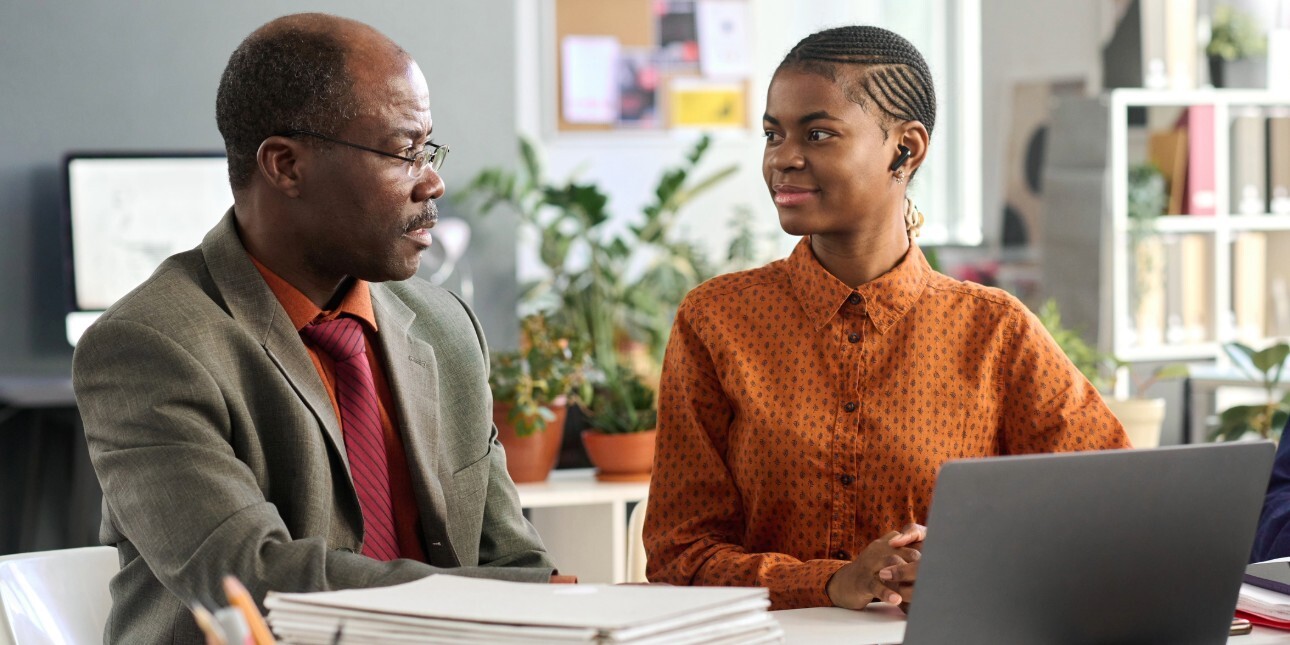No experience, no problem: volunteering is your PR game-changer
Giving up your time to volunteer is both personally rewarding and can add transferable skills that will help your CV stand out to PR agencies and organisations.
For anyone starting out in public relations, the first steps can feel overwhelming. Job listings often ask for experience, portfolios, and a track record that, quite honestly, feels impossible to have straight out of university or during a career switch. The question becomes how do you gain experience when you need experience to be considered in the first place?
One answer that’s both simple and powerful: volunteering.
Volunteering has long been a quiet entry point into the PR world, especially for those trying to build their skills, confidence, and professional network. It's often unpaid, yes but what it offers in return is hard to beat: hands-on experience, portfolio material, and the chance to work on real projects with real impact. I know this first hand.
I began my volunteering journey with [career guidance organisation] Career Masterclass, contributing to their Stretch 2024 conference as part of the content creation team. That experience was eye-opening and instrumental in sharpening my skills.
More recently, in February, I started volunteering with SeeAbility, a charity that supports people with learning disabilities, autism, and sight loss. In my role as a PR support volunteer, I’m currently working on writing press releases and building media lists critical skills for any communications professional.
Even as my career progresses, volunteering remains a key part of how I continue to grow and give back.
Why volunteering works
When someone volunteers with a charity, a student society, a grassroots campaign, or a local initiative, they’re not just giving their time, they're gaining it back in the form of growth. A small non-profit might not have a dedicated communications team, which means a volunteer can step in to write press releases, manage social media accounts, design graphics, or pitch stories to local media. It's real work, often with a surprising amount of freedom and responsibility.
That’s exactly what I experienced. At Career Masterclass’s Stretch 2024 conference, I was part of the content creation team. I filmed and edited event highlight videos, and captured key quotes from speakers, which I then shared with the design team to create graphics for promotional use across digital platforms. It was fast-paced, creative, and gave me hands-on experience in crafting compelling visual content.
More recently, I began volunteering with SeeAbility, a charity supporting people with learning disabilities, autism and sight loss. In this role, I’ve been assisting with their public relations efforts drafting press releases and contributing to the ongoing development of their media list.
Volunteering has given me more than experience, it’s given me ownership, confidence, and a clearer path forward in my PR journey.
And because many of these organisations are mission-driven, volunteers also get the chance to work on projects that mean something. They’re not just writing generic content, they're helping raise awareness for causes, build community support, and make a difference.
What makes a good volunteering opportunity for PR?
Not all volunteer roles are the same, so it helps to be intentional when looking for opportunities. Here are a few things to keep in mind:
- Look for roles where you’ll actually get to do communications work, not just general admin or support tasks. Ask if you’ll be involved in writing, content creation, media outreach, or campaign planning.
- Find causes you care about. Passion translates. If you're genuinely interested in what an organisation does, it’ll show in the quality of your work and make the experience more rewarding.
- Aim for roles that offer something tangible. Whether it’s designing a campaign or managing an event's publicity, the goal is to walk away with examples of work you can include in a portfolio.
- Ask for feedback. Even if there's no formal manager, getting input on your work helps you grow and shows you're eager to learn.
- Say yes to small tasks that lead to bigger ones. Sometimes a simple “can you help with this newsletter?” turns into being trusted with a whole comms strategy over time.
The benefits go beyond the work
Yes, volunteering builds technical skills. But it also strengthens soft skills that PR professionals use every day like adaptability, communication, problem-solving, and teamwork. Volunteers often wear many hats and learn to juggle priorities, which mirrors the fast-paced nature of agency life or in-house comms work.
It also opens doors. Many people meet mentors, future collaborators, and even employers through volunteering. Relationships built during those early experiences often become part of a professional network that lasts for years.
And from an employer’s point of view? Seeing volunteer experience on a CV shows initiative, creativity, and commitment qualities that are highly valued in the PR world.
Where to find volunteering opportunities
If you’re wondering where to start, consider:
- Local charities or community groups especially those with limited resources who would welcome help.
- Student organisations and university clubs that need help promoting events or building awareness.
- Online platforms like Do-it.org, Reach Volunteering, or CharityJob.
Industry bodies like the CIPR, PRCA, IABC which often have committees or mentorship programmes that need support.
And don’t be afraid to reach out directly. Sometimes, simply offering your time to an organisation whose mission you care about can lead to an opportunity that wasn’t officially advertised.
Volunteering might not come with a pay cheque, but what it offers is often far more valuable at the start of a career. It’s a way to build real experience, develop your voice as a communicator, and start creating work you can be proud of.

CIPR member Tofunmi Akinde is a PR and communications consultant with experience across agency and in-house roles, who volunteers for SeeAbility.
.jpg&w=728&h=90&maxW=&maxH=&zc=1)
